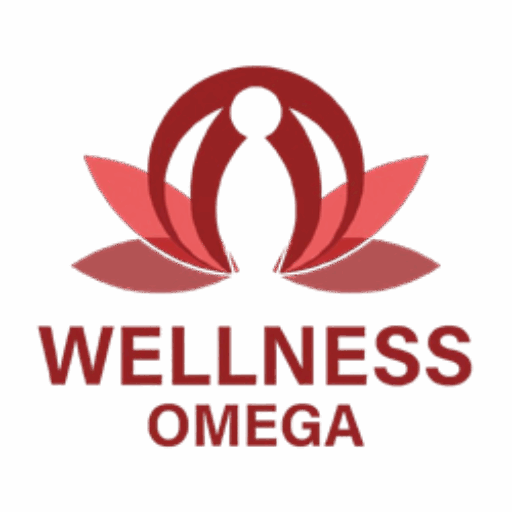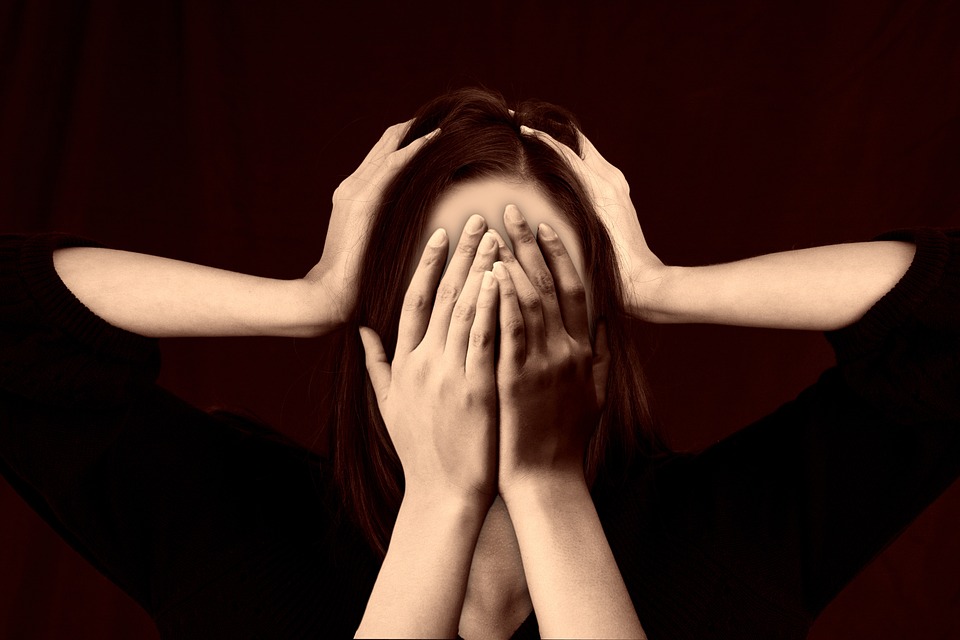Understanding Rosacea: Symptoms, Triggers, and Treatment Options
Rosacea is a common, chronic skin condition that primarily affects the face, causing redness, visible blood vessels, and sometimes small, red, pus-filled bumps.
It is thought to be a combination of genetic and environmental factors that lead to the development of rosacea, but the exact cause is not fully understood. While rosacea can affect anyone, it is most commonly seen in fair-skinned individuals between the ages of 30 and 50.
In this article, we will discuss the symptoms of rosacea, common triggers, and the available treatment options for managing this condition.
Symptoms of Rosacea
The symptoms of rosacea can vary from person to person, and individuals with rosacea may experience any combination of the following:
– Persistent facial redness: This is the most common symptom of rosacea and typically appears as a redness on the central part of the face, such as the cheeks, nose, chin, and forehead.
– Visible blood vessels: In some cases, small blood vessels on the face become visible, particularly on the nose and cheeks.
– Swollen, red bumps: These bumps, also known as papules or pustules, are commonly mistaken for acne but are often a symptom of rosacea.
– Thickened skin: In advanced cases of rosacea, the skin may thicken, particularly on the nose. This is known as rhinophyma and is more commonly seen in men.
– Eye irritation: Some individuals with rosacea also experience eye problems, such as dryness, burning, itching, and sensitivity to light.
Triggers of Rosacea
Several triggers can exacerbate the symptoms of rosacea and should be avoided when possible. Common triggers include:
– Sun exposure: Prolonged or excessive sun exposure can worsen the symptoms of rosacea. Using a broad-spectrum sunscreen with an SPF of at least 30 and wearing a wide-brimmed hat can help protect the skin from the sun’s harmful rays.
– Hot or spicy foods: Consuming hot or spicy foods and beverages can cause a temporary flare-up of rosacea symptoms in some individuals.
– Alcohol: Drinking alcoholic beverages, particularly red wine, may trigger rosacea symptoms in some people.
– Temperature extremes: Exposure to very hot or very cold temperatures can also aggravate the symptoms of rosacea.
– Stress: Emotional stress and anxiety can trigger rosacea flare-ups in some individuals.
– Certain skincare products: Some cosmetics and skincare products may irritate the skin and worsen rosacea symptoms. It’s important to choose gentle, non-irritating products suitable for sensitive skin.
Treatment Options for Rosacea
While there is no cure for rosacea, there are several treatment options available to help manage the symptoms and improve the appearance of the skin. Treatment aims to control the redness, inflammation, and bumps associated with the condition.
– Topical medications: Prescription creams, gels, and lotions containing metronidazole, azelaic acid, and other ingredients can effectively reduce redness and inflammation associated with rosacea.
– Oral medications: In some cases, oral antibiotics may be prescribed to help control inflammation and clear up any bacterial infections in the skin.
– Laser and light therapies: Certain types of light-based therapies, such as intense pulsed light (IPL) or pulsed dye laser treatment, can effectively reduce redness, visible blood vessels, and thickened skin associated with rosacea.
– Avoiding triggers: Identifying and avoiding triggers that exacerbate rosacea symptoms is an important part of managing the condition.
– Skincare routine: Using gentle, non-irritating skincare products and following a consistent skincare routine can help reduce redness and improve the overall health of the skin.
– Moisturizers and sunscreen: Using a mild, non-comedogenic moisturizer and a broad-spectrum sunscreen can help protect the skin and prevent further irritation.
Frequently Asked Questions about Rosacea
Q: Is rosacea contagious?
A: No, rosacea is not contagious. It is a chronic skin condition that develops due to a combination of genetic and environmental factors.
Q: Can rosacea be cured?
A: While there is no cure for rosacea, the symptoms can be effectively managed with appropriate treatment and lifestyle modifications.
Q: Can rosacea cause vision problems?
A: In some cases, rosacea can affect the eyes and cause symptoms such as dryness, burning, and sensitivity to light. It’s important to seek medical attention if you experience any eye-related symptoms.
Q: Are there specific foods to avoid with rosacea?
A: Some individuals find that certain foods and beverages, such as hot or spicy foods, alcohol, and caffeine, can trigger rosacea flare-ups. It’s important to pay attention to your dietary triggers and avoid them if they worsen your symptoms.
Q: Can rosacea be worsened by certain skincare products?
A: Yes, certain cosmetics and skincare products, particularly those with harsh ingredients or fragrances, can irritate the skin and worsen rosacea symptoms. It’s important to choose gentle, non-irritating products suitable for sensitive skin.
In conclusion, rosacea is a common, chronic skin condition that can cause redness, visible blood vessels, and sometimes small, red, pus-filled bumps on the face. While there is no cure for rosacea, the symptoms can be effectively managed with appropriate treatment, lifestyle modifications, and avoiding triggers. If you suspect you have rosacea, it’s important to consult a dermatologist for an accurate diagnosis and personalized treatment plan.

